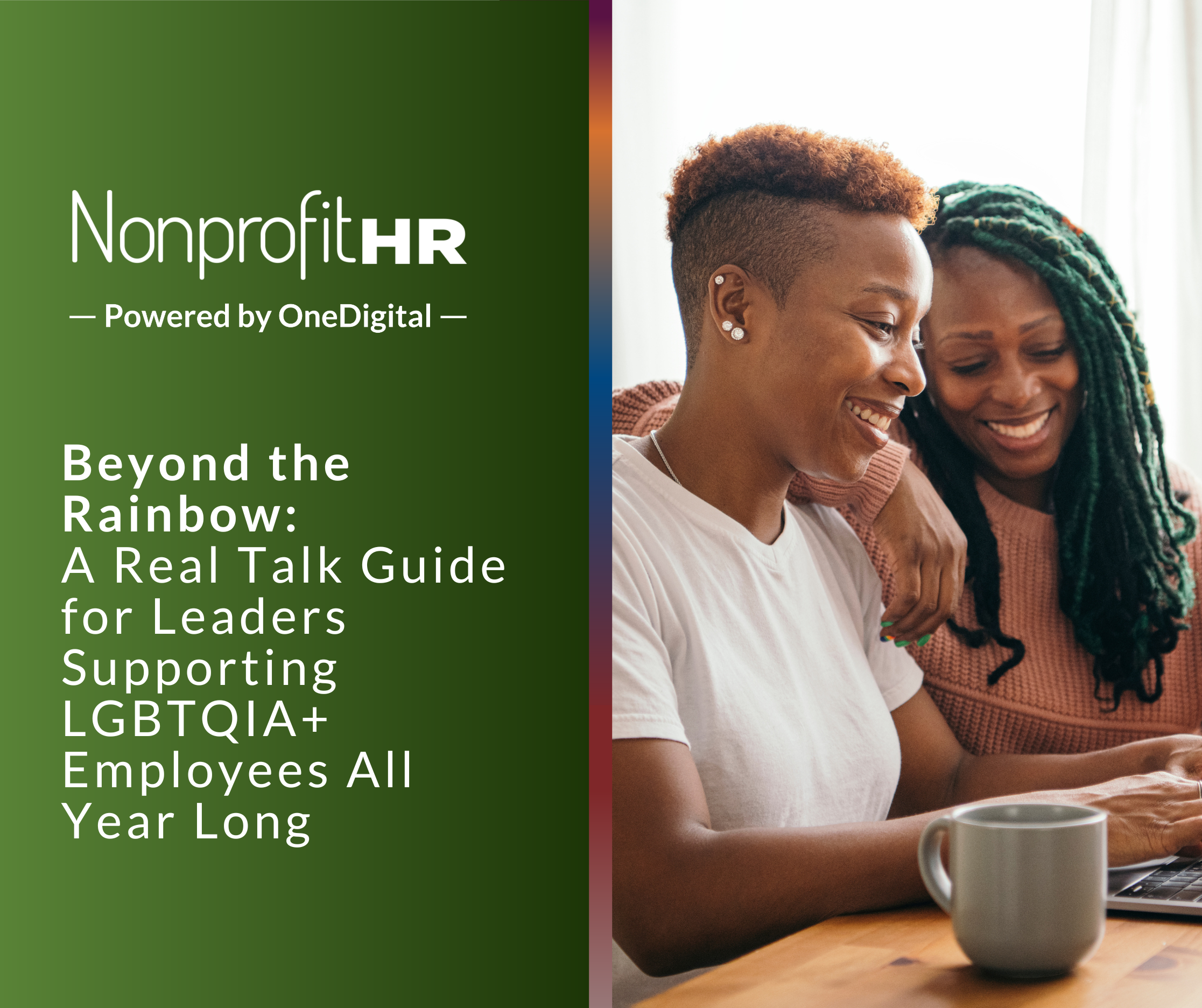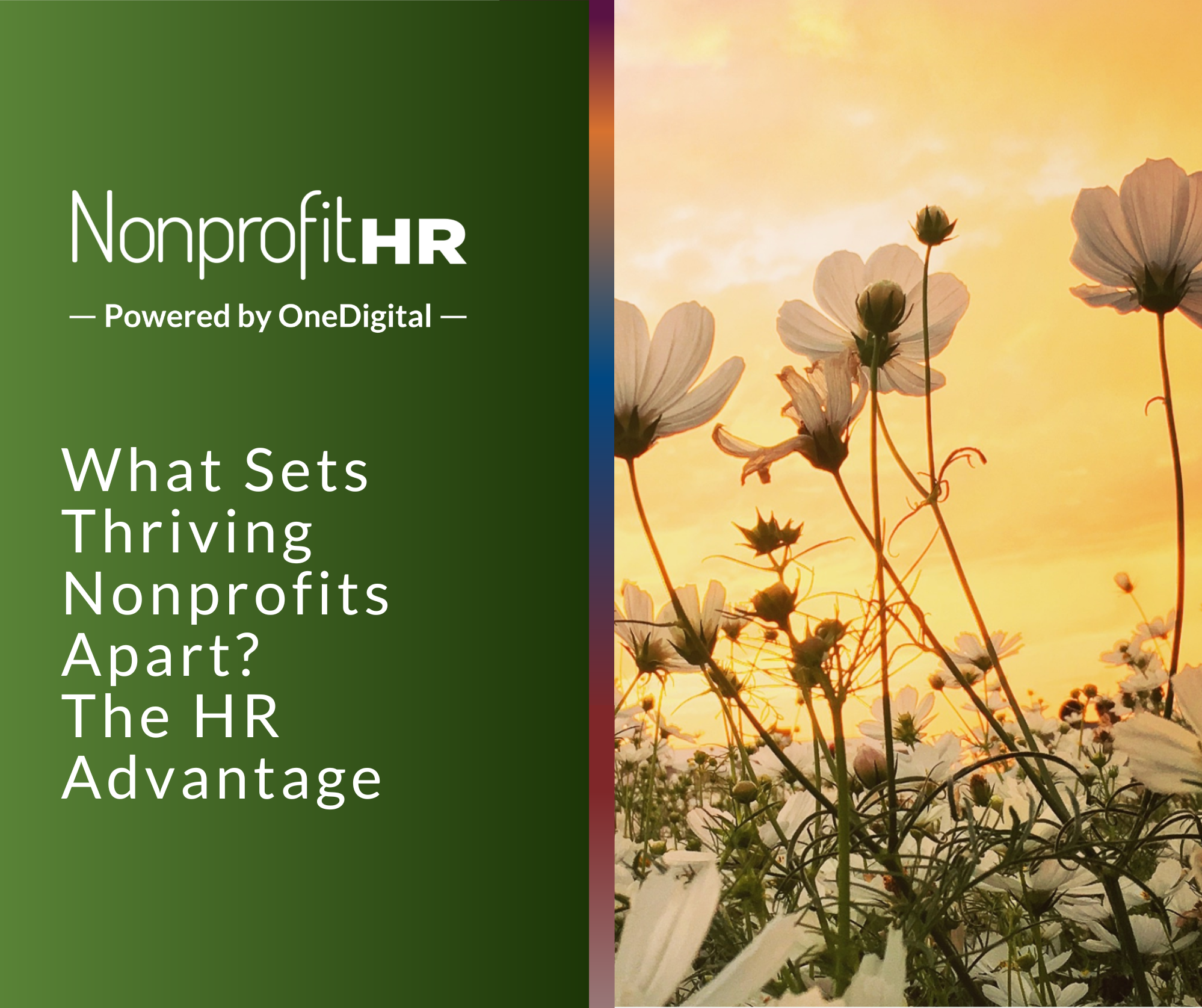WTOP: 5 ways nonprofits can…
By Alicia Schoshinski, Senior HR Consultant
There is still a lot of uncertainty surrounding government shutdownd. One thing we do know is that nonprofit organizations receiving government funding or with government contracts will be affected by the government shutdown, but differently than federal employees. We encourage you to speak with your contracting officer for specific guidance.
We can, however, provide some helpful information related to furloughs, layoffs or salary reductions. The attached white paper provides a legal perspective on these employment actions. Please review the document for specific details. We would like to highlight a few key points here:
Organizations have a number of options depending on their situation. Affected organizations may determine that they cannot afford to pay their employees during the shutdown so they may chose to furlough staff, reduce pay, or require employees to take leave (using accrued, advanced or unpaid leave). They may also send their employees to mandatory training.
Review employment contracts (if applicable) before reducing the pay of an employee. You should review and amend offer letters or agreements with any salary changes and provide reasonable notice.
Layoffs vs. Furloughs. A furlough occurs when the organization requires an employee to work fewer hours than regularly scheduled or to take leave without pay. Therefore, employee pay is essentially reduced for the time not worked. An organization may execute a layoff when there is not enough work for an employee. This could be a temporary layoff or permanent layoff (reduction in force). There are specific legal considerations for group layoffs so be sure to understand those.
Be aware of employment actions that may cause “disparate treatment.” Employment actions that affect all employees usually do not result in issues of illegal discrimination. However, when the actions affect only certain employees, the organization must be careful so as not to affect a disproportionate number of persons in a protected category so that “disparate impact” results. A good rule of thumb is to spread the hardship over the majority of employees so that you don’t get into such issues and decrease morale with the “surviving” employees as well.
Be careful not to violate “exempt” status when requiring time off. When asking employees who are classified as “exempt” by the Fair Labor Standards Act (FLSA) to take time off without pay, be careful not to cause them to lose that “exempt” status. A provision of the Fair Labor Standards Act (FLSA) states that to be exempt an employee must be paid the same amount of money per workweek regardless of the quantity of work. If the employee voluntarily takes leave without pay they may do so in one-day increments without violating the FLSA. If employees are instructed to take leave without pay (involuntarily) in increments less than a full week, you run the risk of violating the FLSA, by therefore, making them “hourly” or nonexempt. We recommend that you consult with your state’s Department of Labor for additional guidance.
Review benefits impacts before taking employment actions. These employment actions may impact benefits eligibility for employees. You should carefully review your plans, policies and COBRA requirements to determine the impact.
A government shutdown will force employers who are affected to take actions they may not have anticipated. Before you do so, be sure to consider the legal aspects of your actions, as well as the employee relations impact.
Our whitepaper on furloughs can be downloaded here.
If we can offer any guidance and assistance to your organization during this time, please feel free to contact us at (202) 785-2060 or by emailing us at [email protected].





























